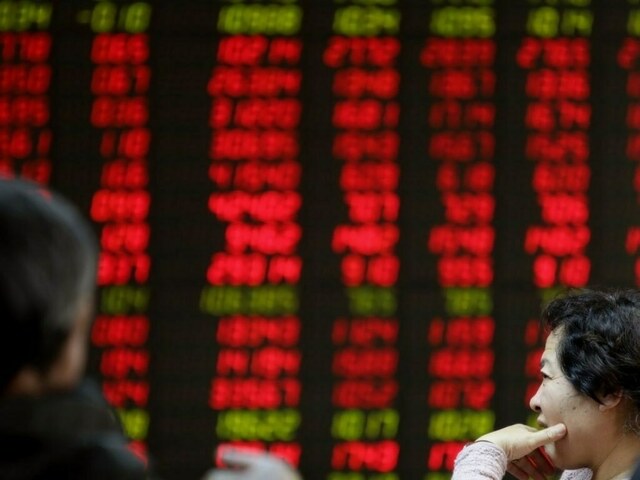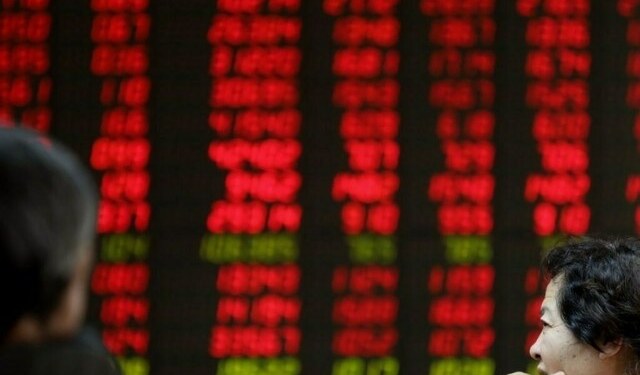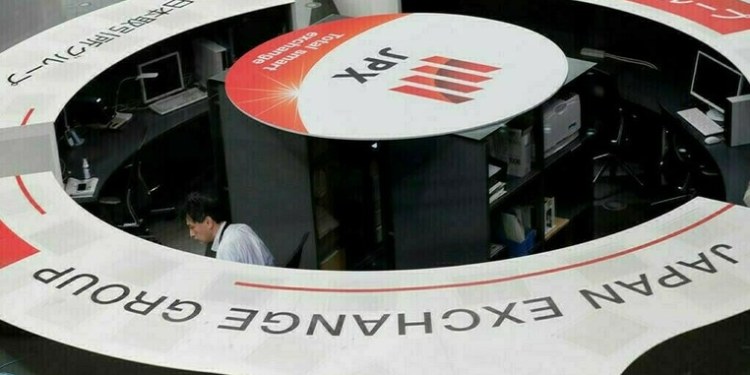SHANGHAI: Chinese stocks swept to their biggest single-day gains in 16 years on Monday, with domestic A-shares registering their highest ever turnover, as investors scrambled to join a searing rally sparked by Beijing’s latest raft of stimulus measures.
The CSI300 blue-chip index is now up nearly 30% from its February trough, which by some market definitions suggests it is in a bull market, but much of the gains have happened very quickly and over a few sessions since last week.
Many traders, fearing they may miss out of the upsurge ahead of a week-long holiday starting on Tuesday, helped lift the CSI300 index 8.5% at the close, taking its five-day gain to over 25% – the strongest on record.
The broader Shanghai Composite Index meanwhile recorded a total turnover of 1.17 trillion yuan ($166.84 billion) and surged 8.1%.
That took its five-day gains since last Tuesday, when Beijing began rolling out stimulus measures to arrest a slowdown in the broader economy, to 21.4%, the strongest since 1996.
It was also the best single-day percentage gain for both the CSI and SSEC indexes since 2008.
Similarly, the smaller Shenzhen index soared 11% and recorded a turnover of 1.4 trillion yuan.
The blistering rally in Chinese stocks has come on the back of last week’s most aggressive stimulus measures announced by Beijing since the pandemic – ranging from outsized rate cuts to fiscal support – in an attempt to shore up its ailing economy.
Particularly in a boost for stocks, the People’s Bank of China’s (PBOC) also introduced two fresh tools to shore up the capital market, one of which includes a swap programme allowing funds, insurers and brokers easier access to funding in order to buy stocks.
That lit a fire under beaten-down Chinese equities that had been languishing near multi-year lows as recently as early this month, as investors fretted over China’s growth prospects.
“It’s really a big turnaround, the policies are so intensive, we have never seen such clear instruction to stop housing prices declining and support the stock market,” said Dickie Wong, executive director of research at Kingston Securities.
“Many foreign investors are afraid of missing out, local retail investors are asking me what they should add to, institutional investors are rushing to the market to catch up, and the large inflows have pushed the Hang Seng Index up to 21,000.”

Source: Brecorder





























